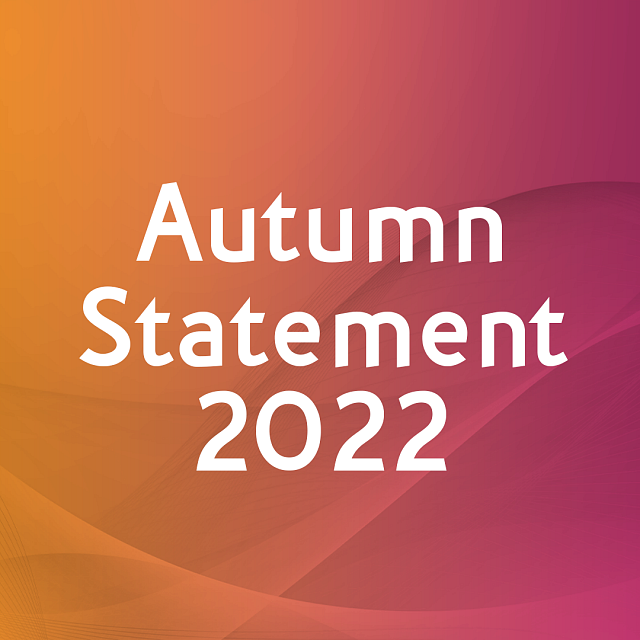



Substantial tax increases were announced, but headline rates of tax were not changed.
One headline was the expansion of the 45% to those with income in excess of £125,140 – a further step away from the previous Chancellor’s intention to do away with the rate.
Those with more will pay more, but so will everyone as most of the personal tax increases will derive from the freezing of allowances.
The personal allowance, higher rate threshold, national insurance thresholds and inheritance tax nil-rate bands will all be frozen until April 2028, two years longer than previously announced. Similarly, the VAT threshold was not increased.
The dividend allowance will be cut from £2,000 to £1,000 from next April and then to £500 from April 2024.
The capital gains tax annual exemption will reduce from £12,300 to £6,000 from next April and then to £3,000 from April 2024.
The Stamp Duty Land Tax cuts announced by the previous Chancellor in September will not be permanent as promised but will end on 31 March 2025.
Worryingly, for smaller businesses, the Chancellor announced that in response to reports of fraudulent claims the SME research and development tax credit deduction will be reduced from 130% to 86% with the repayable credit being reduced to 10%. There was some good news about an increase in the Research and Development Expenditure Credit (RDEC) for larger businesses from 13% to 20%.
Mr Hunt stated that these changes are not expected to have any impact on the levels of research and development but only time will tell, particularly in such difficult economic conditions. Perhaps better policing of the regime would have been a more effective change to protect both industry and the Exchequer?
While larger businesses will be affected by the freezing of the employers’ national insurance threshold and business rates changes, smaller businesses will be given some respite by the retention of the Employment Allowance and capping of business rate increases. The business rate multiplier will be frozen for 2023-24 and the retail, hospitality and leisure sectors will benefit from 75% relief.
Extensions to the windfall tax regime will demand attention but there are other changes of importance to larger businesses. Transfer pricing documentation requirements will be formalised in line with the OECD’s Master File and Local File regime and the OECD’s Pillar 2 framework will be introduced from 31 December 2023, which will require payment of top-up taxes by larger groups with effective tax rates of less than 15% on their foreign or UK operations.
Also, the Diverted Profits Tax will be increased from 25% to 31% to retain the differential between it and the rate of corporation tax, which will increase to 25% from April 2023.
Perhaps strangely, given the government’s commitment to reduce emissions, electric vehicles will become liable to Vehicle Excise Duty from April 2025 and their benefit-in-kind rates will also be increased.
Since his appointment as Chancellor, Jeremy Hunt has announced significant tax increases for both businesses and individuals and today continued that trend. The contrast between today’s incremental increases and his predecessor’s dramatic reductions was as stark as their difference in tone.
We were told that everyone would have to pay more, which is clear, but will these changes provide the promised stability, growth and funding for public services?